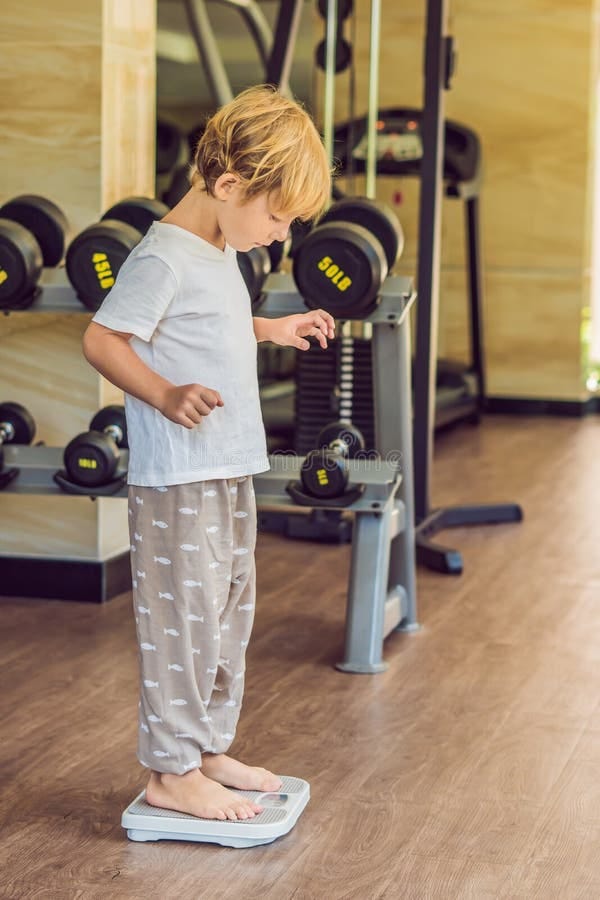Unless you have been living down a well, you’ll probably know today is #InternationalMensDay and that this is causing some ruptures in the social media ecosystem with one side arguing ‘well, every day is International Men’s Day’ and the other pointing out with record high levels of young male suicide, global male mental health unwellness and the provenance of the manosphere - which arguably isn’t doing lots of young men much good – there’s never been a more important time to recognise men’s struggles and celebrate the good men.
I fall into the latter camp and having now done The Respect Project in a growing number of schools and witnessed how challenging the world has become for young men in particular.
I’m often asked by concerned parents how we can help young men, and as ever, I’ll emphasise how scolding and banning doesn’t work – there’s a reason why they are so attracted to these all-male tribes in the first place.
But I do think, there are practical empathic things you can do pretty much immediately that show you – as parents or carers – and we as a wider society, are listening and hear their pain.
Some of these do come with the caveats, I acknowledge they require a certain amount of privilege, as they require a certain amount of time and money not everyone has, but I’ve tried to include some that everyone can do.
1.) Listen to their favourite influencer, YouTuber, TikTokker and podcaster with them – listen all the way – and then break down with them what’s in the message that’s really appealing to them and be prepared to hear your son out, with the agreement they are prepared to listen to your point of view too. Come armed with facts – lots of these influencers, despite what they claim, are about feelings not facts, and a logical, cool-headed discussion is really needed right now.
2.) If they are suddenly gym and diet-obsessed and you can afford it, get them some sessions with an accredited personal trainer, and one who understands the science of food and exercise. There are some seriously toxic and dangerous messages flooding the boy-zone at the moment and some of the dangerous myths about shredding, steroids and diet need to be catapulted into the sun.
3.) Don’t take the mick out of them if they suddenly get interested in skincare or beauty – this is no longer a ‘girl’s space.’ Watch what they are putting on their skin and who they are listening to on TikTok and point them in a good influencer direction who isn’t all about selling them products
4.) If your son is sad or low for protracted period of time – take it seriously. Take him to a GP in the first instance who will mostly be very helpful. CAHMS is flooded at the moment with teenagers who need help, so the sooner you act the better. If you can afford it, and you feel it’s urgent, private practitioners can see you much quicker than often the NHS can.
5.) Gaming though often absolutely fine and fun, can sometimes be a gateway to other dodgier ideas and influences. If your teen – especially your younger teen games often or obsessively – why not game with them? If they’re rigidly against the idea, that might be a clue not all is above board.
6.) There is empirical proof, teenagers who sleep close to their phones don’t go into REM, meaning they are often tired. A lot of bullying and bad behaviour often happens late at night especially on Snap, which you can’t monitor very easily. There are no good reasons for younger teenagers to sleep with their phones – tell him to leave it in the kitchen or with you.
7.) Encourage his hobbies outside of the screen and not for excelling in or to compete in – just for fun. By far, teenagers with hobbies and rich exterior lives are exponentially happier than those who don’t have them.
8.) Be nice to his friends – and don’t assume any girl is a ‘girlfriend.’ A huge part of this young, male mental health crisis is lots of boys don’t have close friends or people to talk to. Male friendship and talking is to be encouraged.
9.) Tell him to be nice to girls and respectful of them. Model that behaviour. Contrary to dodgy myths, nice guys tend to be liked much better by both genders and as a result, tend to be happier.
10.) Tell your son or relative often that you love him, and you’re proud of him and encourage him in his dreams and goals. There is a generation of boys who often feel unsure about their direction and undervalued as a cohort. If we can tackle this on an individual level, we might just start to crack the wider generational challenges.
Visit here for more help/ideas:
https://respectprojects.com







